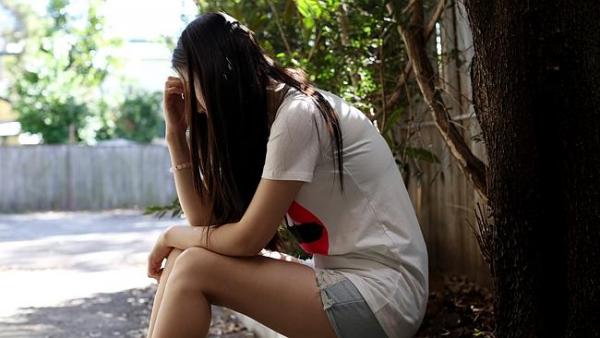
The next day, without explanation, he evicted them. “He told us you need to move out in the next two weeks,” says the management student from Beijing. “He just sent a text message — no letter or anything. He said he would call the police to make us move out.”
Kate Gauld, who runs a statewide legal aid service for international students, says it’s a familiar story.
“International students are particularly vulnerable when it comes to housing. They face arbitrary and immediate rent increases and evictions.”
Ms Gauld says finding accommodation is onerous for any student in Australia’s capitals. Particularly so for international students struggling with an unfamiliar language and laws they don’t understand.
Unscrupulous landlords procure advance payments by showing tenants different apartments or — in the case of some overseas applicants — apartments that don’t even exist.
Some withhold the bond from departing tenants, figuring they will have left the country before they can reclaim their money through rental tribunals.
Many overseas students struggle to meet inner-city rents of $200 a week for a shared bedroom. A global survey last year found 48 per cent of internationally mobile students came from families earning less than $US25,000 ($27,500) a year.
Now, international students are at the centre of revelations that a subsidised rental scheme for disadvantaged Australians is being rorted. Students, both domestic and international, occupy many of the apartments offered cheaply under the National Rental Affordability Scheme.
The program is means tested, but the test doesn’t take into account parental income — unlike Youth Allowance — and few full-time students exceed the $47,000 earnings cut-off figure. The Australian has found up to 70 per cent of students occupying NRAS-subsidised apartments are foreigners. But not in Queensland, where international students are banned from occupying NRAS properties.
International students say they have become the meat in the sandwich. Thomson Ch’ng, president of the Council of International Students Australia, say foreign students just want affordable and comfortable accommodation. He says they are mortified to be labelled as beneficiaries of a skewed program many have not even heard of.
Chris Nyland, a professor of international business at Monash University, says international students’ accommodation problems have eased since the height of the enrolment boom, when a Melbourne house achieved the record for overcrowding: 30 Nepalese students inside, and 18 more in the shed.
Professor Nyland says many foreign students are still battlers but many more are backed by wealthy families, and a social assistance scheme should be able to tell them apart.
The income support reforms following the Bradley higher education review show how income tests can be finetuned to prevent assistance for the needy falling into the hands of the wealthy, Professor Nyland says.
“We’ve been down this road before,” he says.
By John Ross
Read the article on The Australian website


